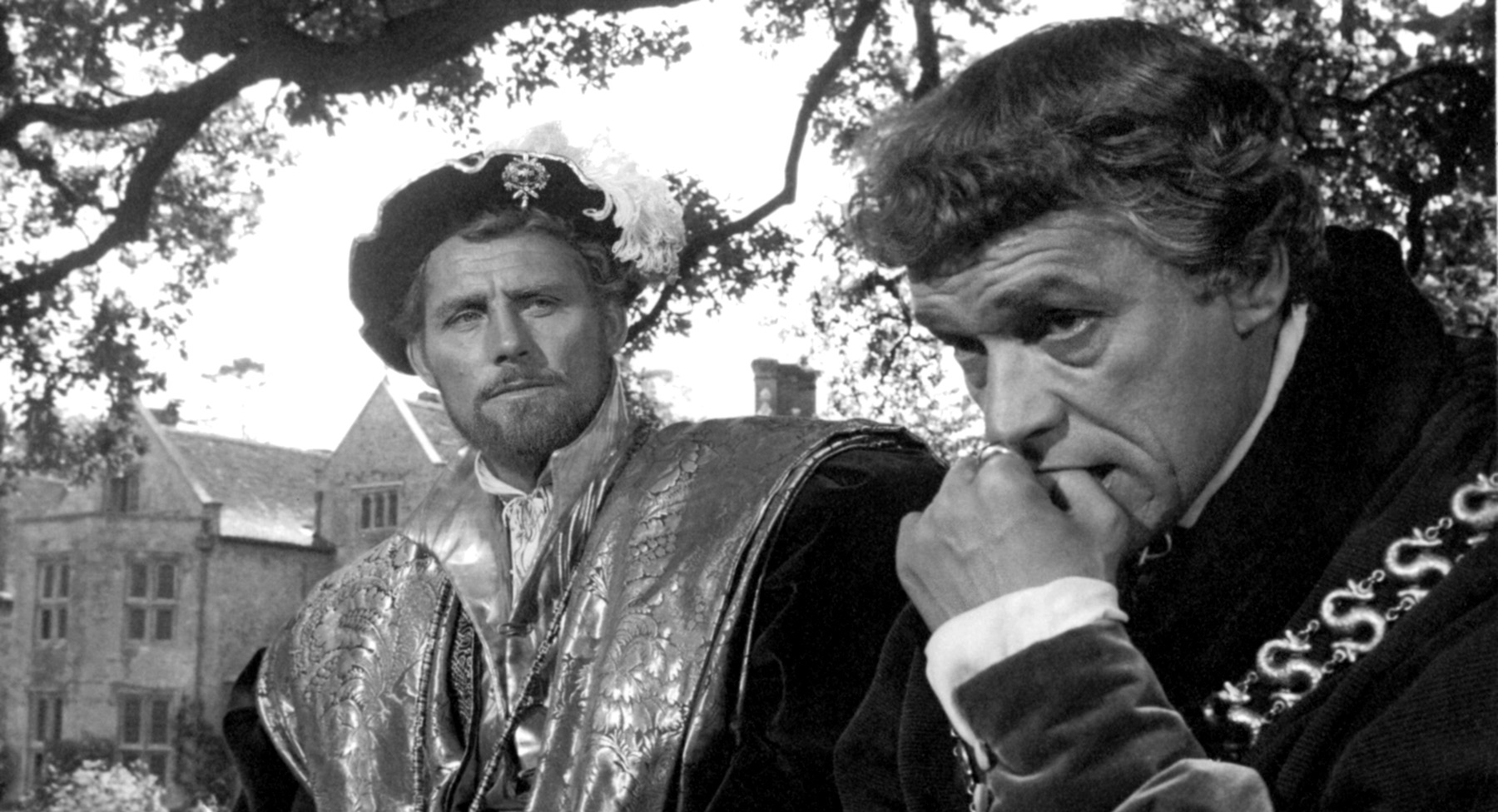Why Liberalism Failed
/This week my friend Nathan Gilmour of the Christian Humanist Radio Network posted his interview with Patrick Deneen, professor of political science at Notre Dame and author of Why Liberalism Failed, a bracing new book from Yale UP. I was excited to listen since I read Why Liberalism Failed just a few weeks ago. It's a great interview—take the time to listen to it.
First things first—by liberalism Deneen does not mean the progressive politics of the Democratic Party. Instead, he is critiquing the centuries-long project of liberalism as an Enlightenment philosophical project. Liberalism, in this definition, is an all-encompassing philosophy based on the pursuit of pure liberty—defined, for the first time in history, as the mere freedom from restraint—as the greatest good and the autonomous individual as the agent of that pursuit. Individuals pursuing the maximum liberty possible should be a recognizable political ideal whether your end goal is gay marriage and abortion on demand or free market capitalism and totally legalized drugs. By this definition, Democrats, Republicans, progressives, conservatives, libertarians—their fights are all infights, because they're all liberals, and Deneen positions his critique to cover them all.
I've been thinking about Why Liberalism Failed a lot since I finished it, and I still haven't completely digested it. I agree in principle with Deneen's arguments; I arrived at a rejection of Lockean liberalism a long time ago, and his bipartisan criticisms appeal to my a-pox-on-all-your-houses attitude, but I do think he overstretches his catalog of what problems are and are not caused by liberalism a bit. But that's a quibble.
Deneen is at his best when describing liberalism as an anti-culture, a system that breaks down and dissolves all competing identities and, in a seeming paradox, requires the absorption of free individuals into the state. Again, regardless of your particular political goals, pursuing maximum liberty as the means to those ends results in the strengthening of the state. With nothing but atomized, free-floating individuals, culture—real culture of shared traditions, virtues, ideals, and stories—is impossible, because no one will limit their freedom by fettering themselves to it. And so you are left with nothing but isolation, consumerism, and vacuous pop culture. (In a disturbing bit of coincidence, the book I read immediately after this was Ready Player One, which provides the best possible accidental illustration of the world Deneen describes.) Deneen also has a strong chapter on the damage done to education by liberalism, an issue of particular concern to me.
I'll stop there. As I said, I'm still working through some of Deneen's ideas. Do listen to Nathan's interview with Deneen, or this one from John J. Miller at the Bookmonger, and check out the book for yourself. It's short and straightforward, and even if you ultimately disagree with Deneen, his challenge to our prevailing worldview is long overdue.

























